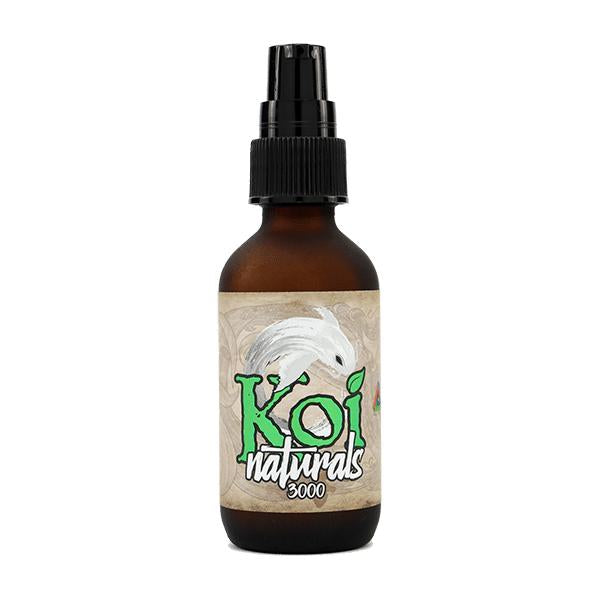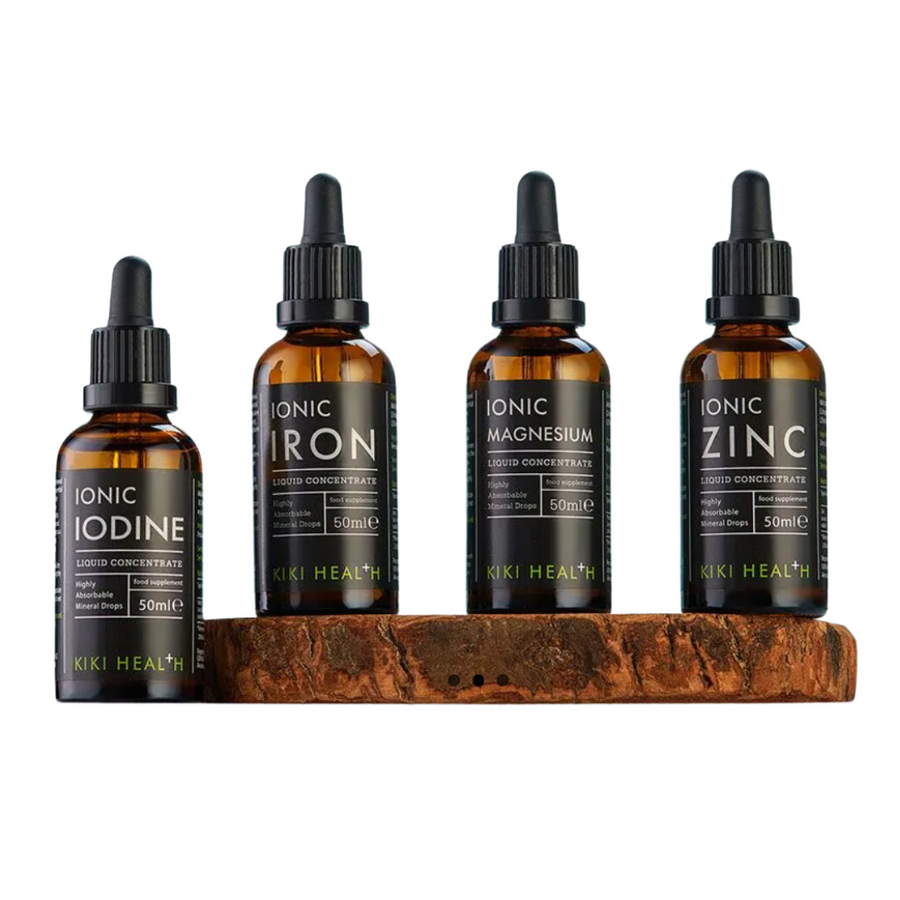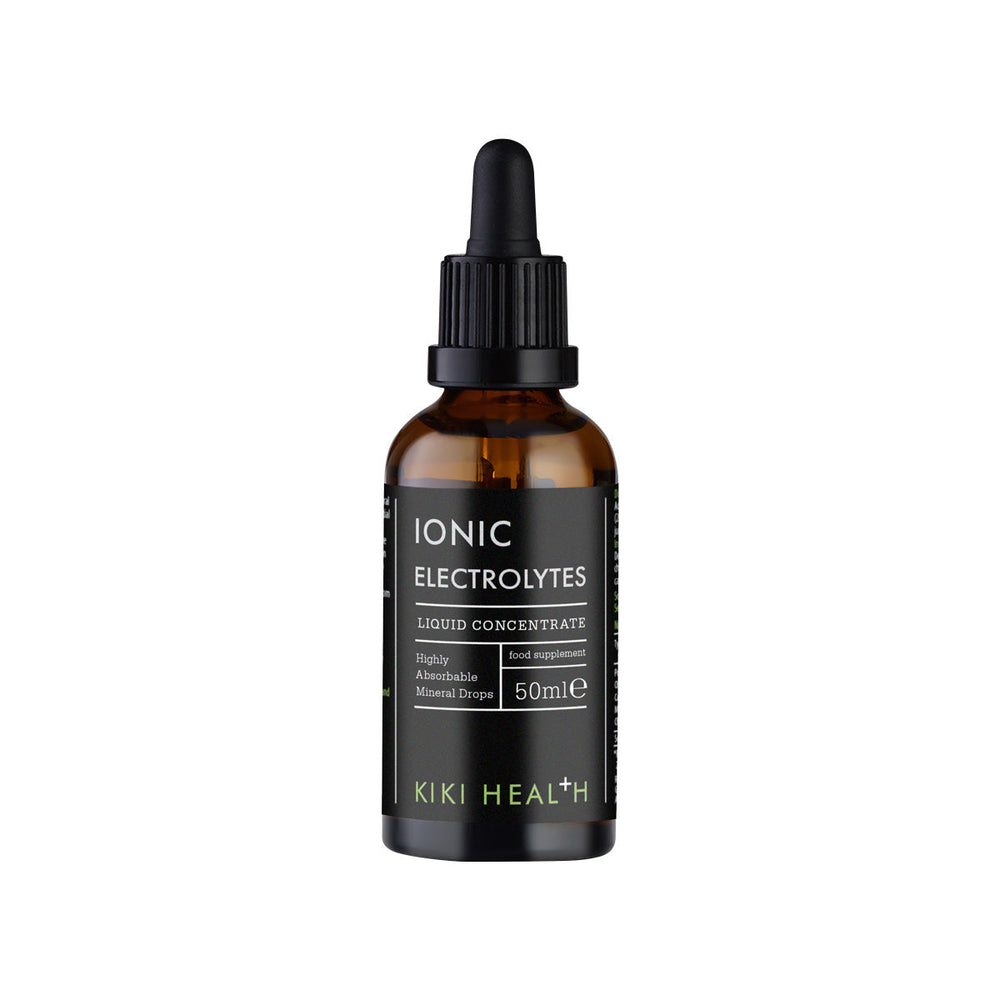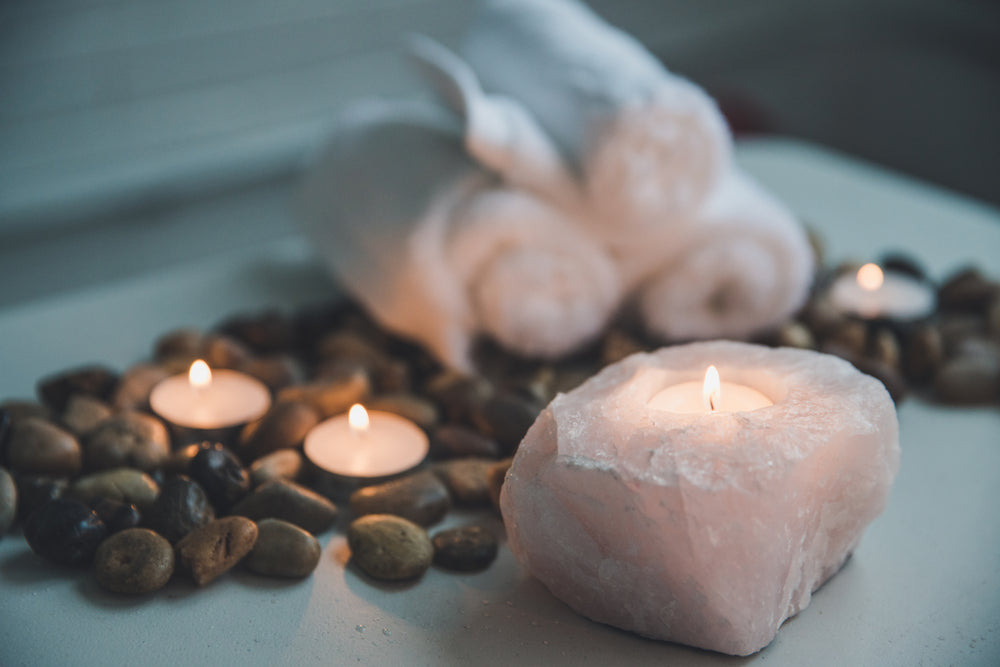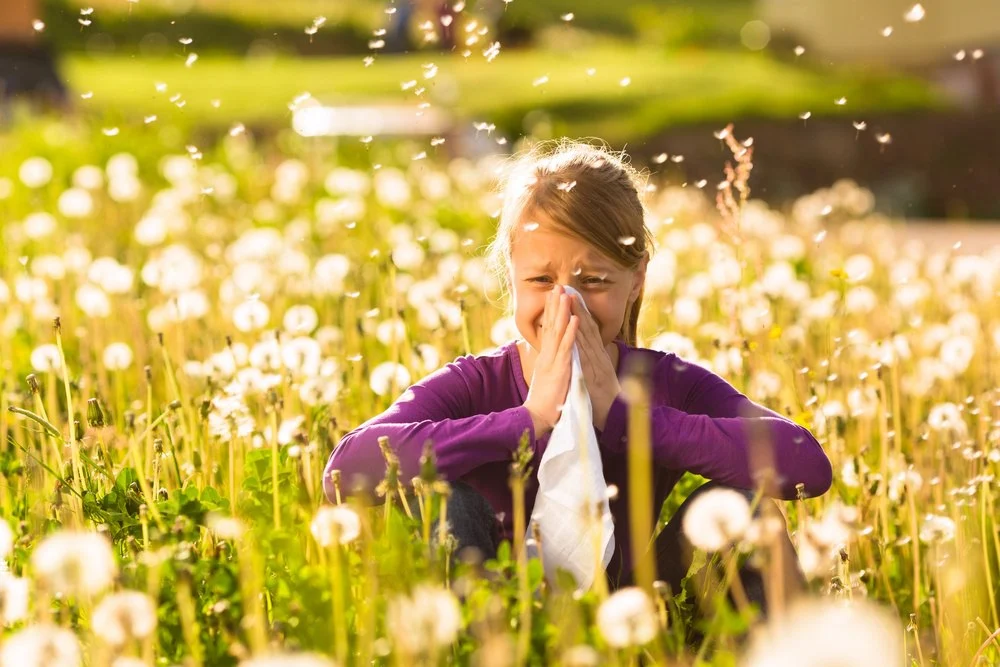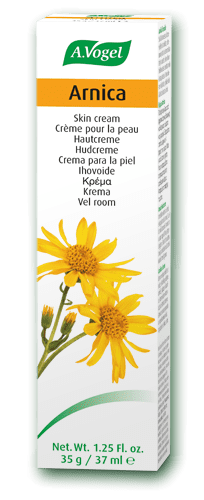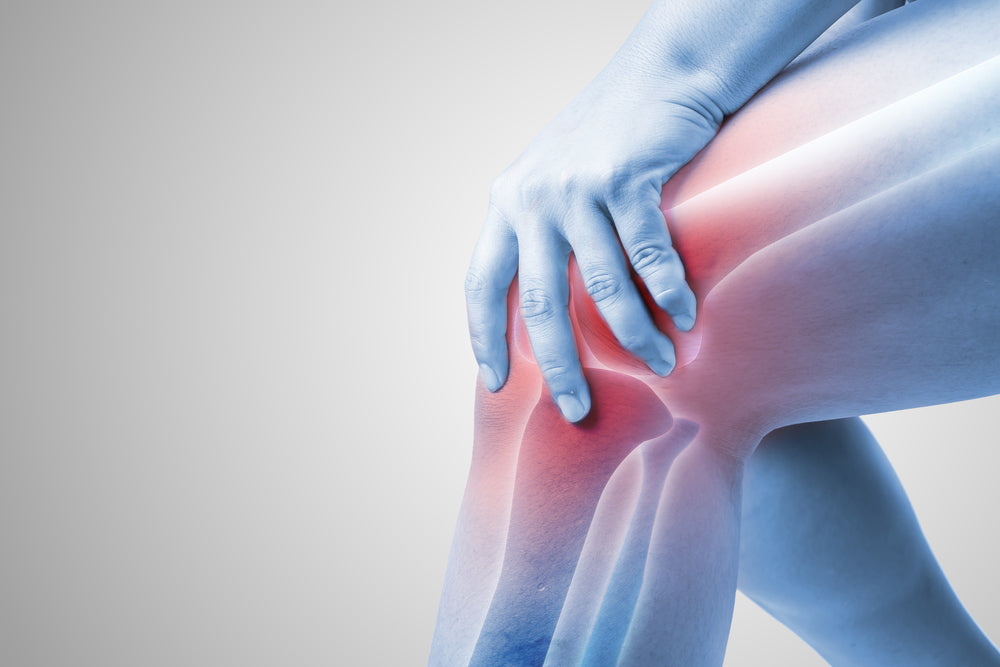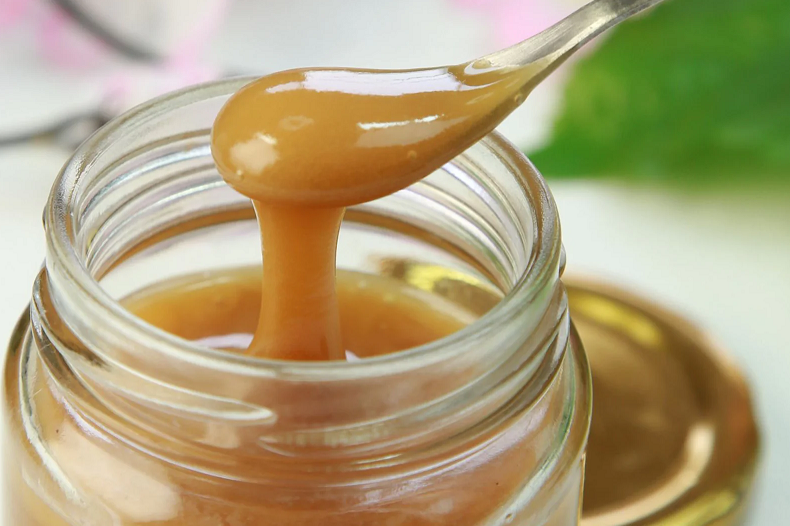Does Winter affect your Mood?
It may feel as if you're losing your zest for life when the days get shorter and the weather becomes colder during the winter. But don’t worry as you’re not alone!
A reduction in sunlight during winter often disrupts our bodies internal clock, which leads to a drop in serotonin (a neurotransmitter that affects mood) levels. This may lead to further feelings of Depression.
What is the name for winter depression?
Believe it or not, a lingering winter depression that interferes with our everyday lives could be attributed to a Seasonal Affective Disorder (or SAD). SAD affects over 2 million people in the UK alone, and symptoms, such as Low Mood or feelings of guilt, despair & worthlessness are usually more severe during the winter.
Why does serotonin decrease in winter?
Serotonin is a hormone that influences your Sleep patterns, mood and appetite. High serotonin levels are associated with feelings of joy & happiness, but as sunlight significantly decreases in intensity during the winter it can often lower our levels of serotonin, leading to a higher production of melatonin (the sleepy hormone) and subsequent feelings of lethargicness or Fatigue.
Does everyone get depressed in the winter?
Let's be honest, some people like the idea of snuggling up in front of the fire at home or donning big, thick woolly jumpers and scarves when venturing out into the ice cold winter environment. So with this in mind, it's certainly clear that winter time doesn't affect all of us - even some SAD sufferers are said to experience worse symptoms during the summer!
How can I improve my winter mood?
This might sound like an obvious suggestion but regular exercise alongside a healthy diet can make a massive difference to your mood, whatever the weather. Consuming healthy carbohydrates, such as fruit, vegetables, legumes & pulses should improve your winter mood and reduce those depressive feelings. Exercise is widely known to improve mood by releasing endorphins that interact with the receptors in our Brain. This significantly reduces the perception of pain and also triggers positive feelings.
What are the best things about winter?
Many people associate winter with Christmas, a time when we can get together with our loved ones, exchange gifts, sing Christmas carols and play board games. Positive social interactions like these are just as important as diet & exercise for those individuals struggling with winter depression symptoms, as they will serve as a reminder that they matter to others.
What natural supplements increase serotonin and dopamine?
There are many Supplements available here at Natures Healthbox, which when taken alongside a healthy diet, may help boost levels of serotonin & dopamine. These include;
Rhodiola Rosea - Rhodiola supplements like Viridian Maximum Potency Rhodiola Rosea Root 150 Capsules or Lamberts Rhodiola Rosea 500mg 60 Tablets should act as adaptogen to ensure you body copes better during periods of increased mental & physical Stress.
Magnesium - Magnesium is vital for many biochemical reactions in the brain & body, so a Floradix Magnesium Liquid Formula 250ml or Lamberts MagAsorb 180 Tablets could help improve mental health & brain function during the winter.
Vitamin B6 - Pyridoxine (B6) acts as a precursor of serotonin, so it's safe to say that a supplements like Viridian High Six B-Complex B6 90 Capsules or BioCare Vitamin B6 60 Capsules could play a role in low mood & behaviour.
5-HTP - Higher Nature Serotone 5HTP 50mg 90 Capsules or BioCare 5-HTP Griffonia Seed Complex 50mg 60 Capsules have the potential to enter your brain and produce serotonin, working almost like a natural alternative to antidepressants.
Should you take vitamin D in the winter?
Just because Vitamin D is called the "sunshine vitamin", and people produce less vitamin D in the winter due to lack of sunlight, doesn't mean to say it's going to effectively work to improve SAD symptoms. Remember, vitamin D is easily accessible and relatively expensive, which is why there is a common misconception by many to instantly supplement with it as the cold & darker winter days begin to settle in. However, with that said, many of the UK's population are vitamin D deficient, so regardless of impact upon winter depression, it may be worth your while to supplement with vitamin D this winter.
In any case, it is always recommended to seek the advice of an expert nutritionist before you start using a new supplement, and if your Mood, lifestyle, eating habits or sleeping patterns begin to rapidly decline during the winter, always consult your GP for expert medical consultation.


